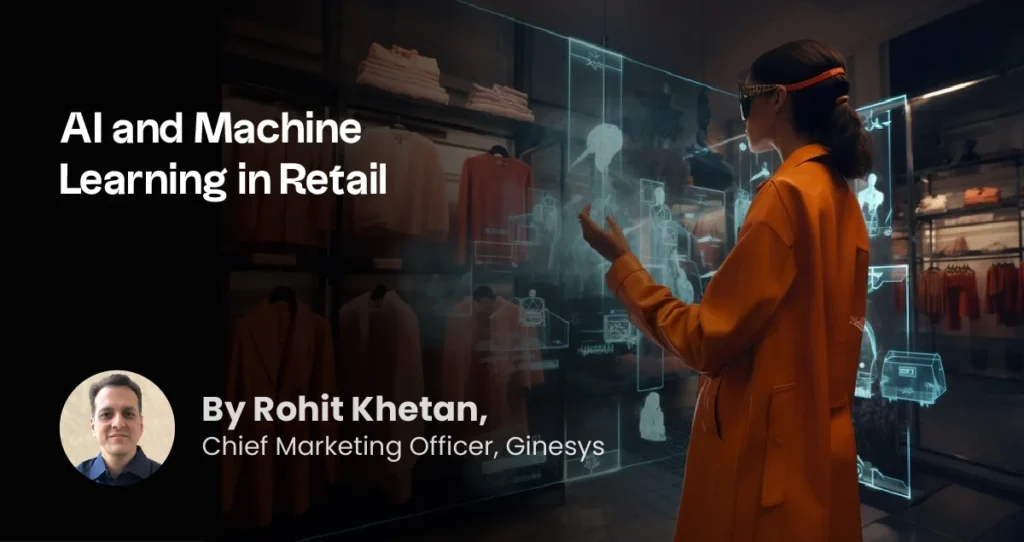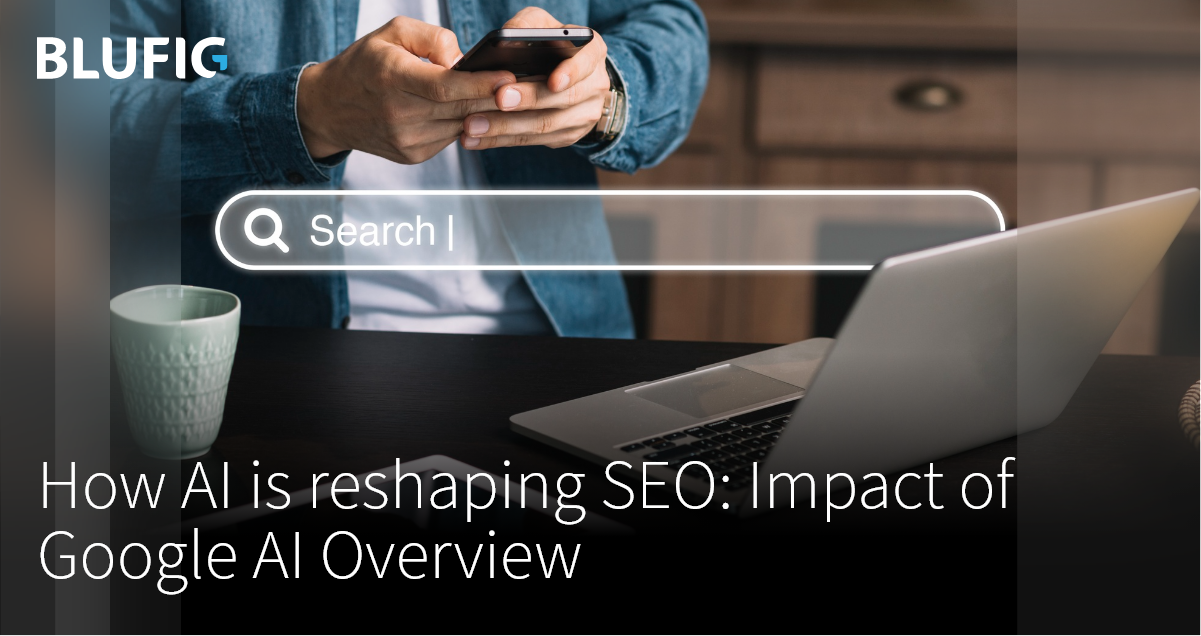As we stand on the brink of a new era, the retail industry is witnessing a seismic shift, with AI and ML at its epicenter. The anticipated market value for AI in retail is forecasted to reach a staggering $7.30 billion by 2023. This figure is a testament to the transformative power of these technologies, reshaping every facet of retail from inventory management to personalized shopping experiences.
Deep learning and its transformative effects on consumer data analysis
Deep learning is delivering impressive results in AI applications. Apple’s Siri, for example, translates the human voice into computer commands that allow iPhone owners to get answers to questions, send messages, and navigate their way to and from obscure locations. Automated driving enables people today to go hands-free on expressways, and it will eventually do the same on city streets. Retailers can use deep learning algorithms to analyze consumer data and gain insights into shopping patterns, preferences, and behaviors. This can help in predicting future trends, optimizing prices, and personalizing the shopping experience.
Additionally, Natural Language Processing (NLP) can be used to improve customer service. This advent of Computer vision technology can transform in-store experiences by enabling features like automated checkouts, in-store navigation, and even theft prevention. For example, Amazon’s “Go” stores use computer vision to allow customers to shop and leave the store without going through a traditional checkout process.
Use Cases of AI in the Retail Industry
Frictionless Checkout: AI-powered frictionless checkout systems are transforming the retail experience. For instance, Amazon Go’s ‘Just Walk Out’ technology has set a benchmark by allowing customers to shop without any checkout delays, leading to a potential increase in customer satisfaction by up to 35%. These systems use a combination of sensors, cameras, and deep learning algorithms to track purchases and charge customers’ accounts automatically as they leave the store.
Picker Routing: In warehouse operations, AI-driven picker routing systems are crucial for improving order fulfillment speeds. By analyzing historical data and real-time information, these systems can reduce the distance traveled by pickers by up to 70%, significantly lowering the time and cost associated with order picking.
Automated Task Dispatch: AI systems can intelligently schedule tasks to store employees, considering peak hours, staff availability, and task urgency. This leads to a more balanced workload distribution and can improve overall store performance by up to 25%.
Shelf Checking: AI-enabled shelf checking tools use image recognition to monitor stock levels, detect misplaced items, and identify pricing errors. This technology can improve inventory accuracy by up to 98%, ensuring that shelves are always stocked, and products are correctly displayed.
Supply Chain Innovation through ML
Dynamic Pricing and Inventory Management: Machine learning algorithms can analyze market trends, customer demand, and inventory levels to adjust prices in real-time. This dynamic pricing strategy can lead to a revenue increase of up to 8%. Similarly, ML-driven inventory management systems can predict stock requirements with high accuracy, reducing the likelihood of overstocking or stockouts.
Predictive Routing and Autonomous Delivery: ML is enhancing logistics with predictive routing algorithms that can optimize delivery routes, considering traffic patterns, weather conditions, and delivery windows. This can result in up to a 20% reduction in delivery times. Autonomous delivery vehicles, such as drones and self-driving trucks, are also being tested, with the potential to revolutionize last-mile delivery.
Sustainability and Waste Reduction: By better forecasting demand and optimizing supply chain operations, ML can significantly reduce waste. For example, it can help in cutting down food waste in the retail industry by up to 40%, contributing to more sustainable business practices.
Benefits of AI Integration For Retail Businesses
Improved Efficiency: AI automation of routine tasks can lead to substantial cost savings. As of late, you would have noticed that chatbots and virtual assistants can handle customer inquiries 24/7, reducing the need for human customer service representatives and cutting customer service costs by up to 30%.
Enhanced Personalization: AI’s ability to analyze customer data allows retailers to offer highly personalized shopping experiences. For instance, AI can suggest products based on past purchases, browsing behavior, and even current trends, which can increase customer loyalty and repeat purchases.
Data-Driven Insights: Retailers can leverage AI to turn vast amounts of data into actionable insights. Predictive analytics can forecast future trends, customer behaviors, and potential market shifts, enabling retailers to make proactive decisions.
Competitive Edge: Retailers that integrate AI into their operations can gain a significant competitive advantage. Now, AI can optimize supply chains, reduce costs, and offer better customer experiences, which can lead to a market share increase of up to 15%.
Leadership in AI: Building the Retail of Tomorrow
Successful AI integration in retail often requires strong leadership from the C-suite. Executives who actively champion AI initiatives can help align the organization’s strategy with AI capabilities, leading to a more innovative and competitive business model. Building a workforce skilled in AI and fostering a culture that embraces innovation are key to staying competitive.
Executives must ask the right questions about what strategic options AI can create, the risks associated with AI, and the types of risks to consider when deploying this tech. They need to identify the most effective organizational design to embed AI across the organization and think about AI governance, which includes practices to ensure it is deployed ethically and with a focus on maintaining stakeholders’ trust.
Retailers that invest in continuous learning and development programs for their employees can see an increase in innovation output by up to 45%.
Establishing partnerships with technology companies and startups can provide retailers with access to cutting-edge AI solutions. These collaborations can lead to the development of new products and services, enhancing the retailer’s value proposition.
Vision for the future: AI as a core component of retail growth strategies
The big takeaway: Shops + AI + Smart People = A winning combo for the future!
To conclude, the most important lesson to learn is that proper human supervision of machine learning-driven strategies, at least for now, may be a necessity rather than a choice and should be performed with reason in mind.
Looking For A Marketing Partner?
We will make it worth your while!




